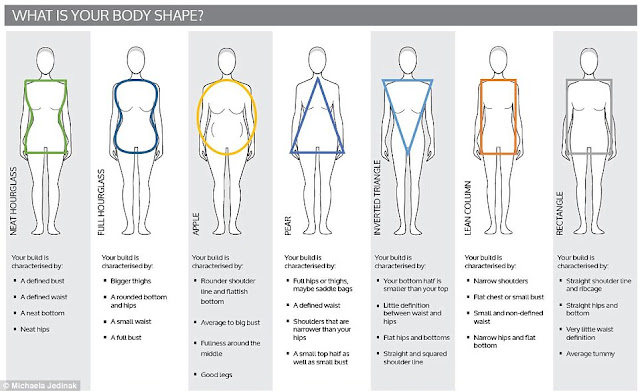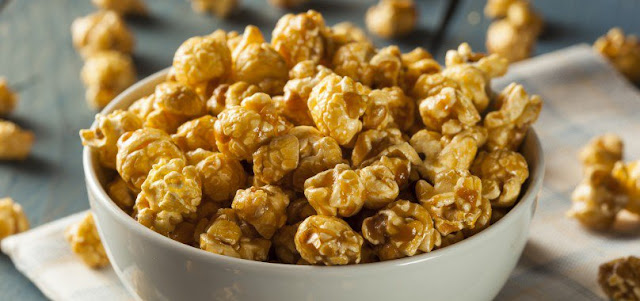7 Foods You Really Should Avoid If You Have An Acidity Problem
Continuous burping, hiccups that just don’t let up, nausea, and bloating – these are just a few of the many problems you can expect if you suffer from acidity. Most of us view acidity as an annoyance and not a health issue, which is why we don’t do anything about it. At the most, we pop an antacid tablet when the belly rumbling gets a little too loud! The simplest way to get rid of acidity issues is to avoid foods that cause severe acidity.
Foods That Cause Severe Acidity:
Acidity or heartburn is the result of stomach acids moving up through the esophagus and this can cause a chronic dry cough and damage your vocal cords, also increasing the risk of esophageal cancer. People with acidity problems have a 57% higher risk of experiencing a heart attack. Lifestyle changes, especially diet can stop acidity problems and prevent future attacks. Avoiding foods that cause acidity is the most important aspect of any diet plan for acidity.
1. Spicy Food:
“Spices contain irritant alkaloids such as capsaicin which affect the esophagus and trigger acidity”
As Indians, spicy food is a part of our everyday diet and this can start to cause digestive problems by the time we hit our 30s. Many of the spices that we use in our food contain irritant alkaloids which affect the esophagus and trigger severe acidity issues. This is especially true for capsaicin, the compound in chilies and chili powder so go easy on them for a couple of weeks until your acidity symptoms subside.
2. Sweets & Chocolates:
“Chocolate contains compounds that decrease the strength of the muscle ring that keeps stomach acids from coming back up the esophagus”
Research shows that sweets and chocolates can cause severe acidity issues. Sweets like mithai are very high in dairy fats, which causes an increase in stomach acid production. Chocolate can increase the risk of acidity as the compounds in in decrease the strength of the muscle ring that keeps stomach acids from coming back up the esophagus. Replace your chocolate mousse or barfi with fruit or lassi.
3. Citrus Fruits:
“Citrus fruits such as oranges & lemons have a high acid content which increases gastric juice secretion”
Citrus fruits such as oranges and lemons have a high acid content which increases gastric juice secretion which in turn will increase the risk of acidity. In addition to these fruits, you should also avoid pineapples and tomatoes as they are high-acid foods that can cause severe acidity.
4. Colas:
“Colas have a pH that is less than 5 & relax the esophageal sphincter which increases the risk of stomach acids coming back up”
From ruining your teeth and bones to increasing the risk of obesity, heart disease, diabetes and kidney stones – colas are pretty much poison in a can! Colas have a pH that is less than 5 and relax the esophageal sphincter, which increases the risk of stomach acids coming back up. Colas also contain caffeine, which increases the production of stomach acid, making coke one of the worst foods for acidity.
5. Deep Fried Snacks:
“High-fat foods affect the endocrine cells that modulate gastric acid production, causing an increase in the production of gastric acids”
High-fat foods affect the endocrine cells that modulate gastric acid production and this causes an increase in the production of gastric acids. Furthermore, deep fried foods take longer to digest and they relax the esophageal sphincter, which increases the chances of acidity. The general recommendation for acidity is a diet that consists of low-fat foods with a daily fat intake of 45 grams or less.
6. Alcohol:
“Alcohol causes acidity by reducing salivary bicarbonate which works to neutralize acids”
Studies show that alcohol causes acidity by reducing salivary bicarbonate which works to neutralize acids. Alcohol also causes the reflux of stomach acids by reducing the muscle tone of the esophageal sphincter and by increasing intragastric acidity. After a long work week, there’s no way in hell that you’’re going to skip your Friday night fun and we can understand that so stick to drinking in moderation, choose drinks that have a lower alcohol content and don’t drink on an empty stomach.
7. Coffee:
“Coffee also stimulates gastric acid secretion & slows gastric emptying which increases the risk of acidity”
Some studies suggest coffee may relax the muscles of the esophageal sphincter which would increase the chance of acidity problems. Coffee also stimulates gastric acid secretion and slows gastric emptying which increases the risk of acidity. If you must drink coffee, choose decaf and never have it after your dinner.
In addition to avoiding these foods that cause acidity, you should also make sure that your diet contains foods that aid digestion. Foods like dahi and chaas are especially helpful in preventing digestive problems as they contain probiotic bacteria that aid in digestion and prevent problems like acidity and gas.




Comments
Post a Comment